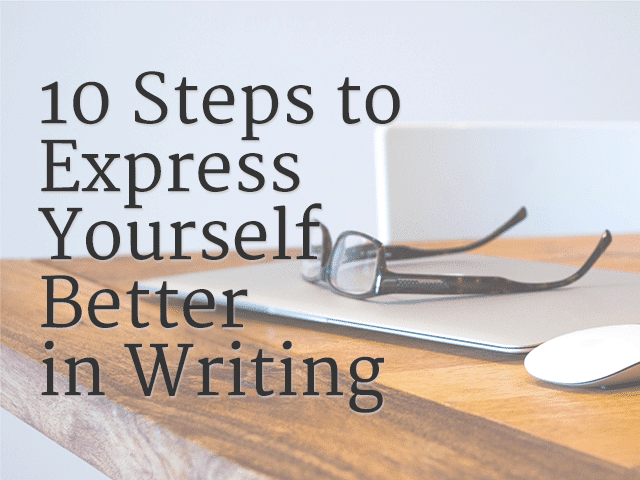
by Guest Blogger |
I recently visited with a new writer over coffee. She confessed, almost with shame, “I’ve written on and off for years. Well, sort of…now I’m really trying to get serious about my novel, but I keep quitting. It’s really frustrating. How do you ummm,” she looked away, then back at me again, “How do you fight fear?”
That’s a great question, and the answer is…
by Guest Blogger |
The smell of incense is thick and heady, mingling with the hours-old scent of burnt toast. Outside, it’s quiet except for the shrill yap of a dog or the rogue shriek of a child’s laugh. Inside, it’s cold – numb fingers tapping away at smooth, overused keys. The aftertaste of coffee lingers in my mouth, simultaneously bitter and sweet.
What did you notice about this paragraph?

by Guest Blogger |
I bumped into writer friend at the library and immediately saw something was wrong with him. He looked ghostly white and on the verge of tears, though he was usually quite stoic.
“What happened?” I asked.
He shook his head, looked away, then whispered, “I just asked her—tell me what you think.”
That’s when I noticed the pages clutched in his hands. His manuscript. It was just a few pages, but they were clearly bleeding red.
After coaxing the story from him, I learned he’d given the first chapter of his first-ever novel to an experienced writer with no instructions. She gave him back a line-by-line edit, listing everything wrong with his story.
He quit writing, which is a shame because he has talent. Although the experienced writer should have had more mercy on this newbie, he should’ve been clearer in his critique needs to avoid miscommunication.
Don’t make the same mistake.

by Guest Blogger |
Why are some writers five, ten, or twenty times more productive than everyone else? Like superhumans, they somehow juggle the chainsaws of everyday life, yet still manage to consistently finish book after book while others struggle.

by Guest Blogger |
Good writers can express themselves thoughts. But with so much flowing through the chambers of the mind, it is not easy to concisely find just the right words to express and idea or emotion, or to narrate action.
What phrases convey to the reader exactly what the writer is thinking? How do you express yourself while keeping your reader following a logical description, dialogue or argument?



